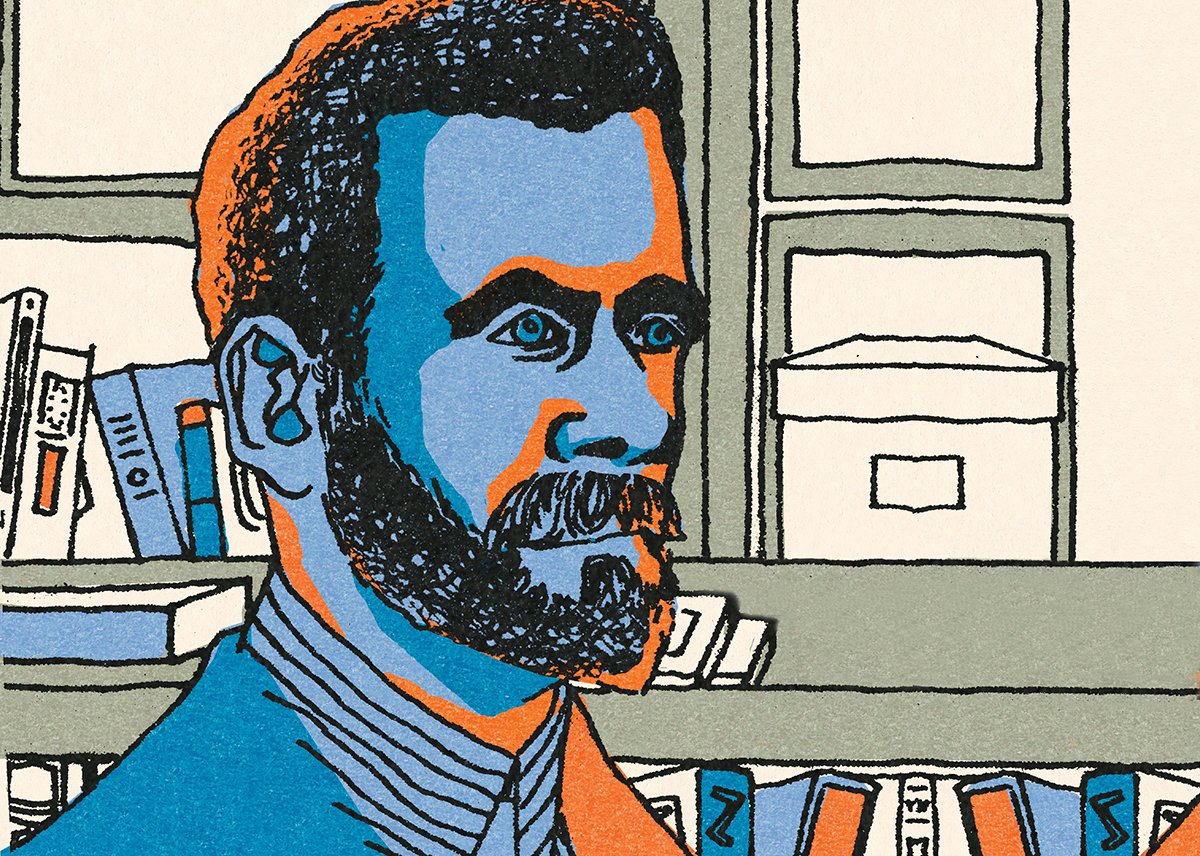Feature Stories
Damian Hopkins
Changing the Face of CS Education
Teachers from historically underrepresented groups earn CS certifications

TACC’s Expanding Pathways in Computing (EPIC) team is on a mission to diversify the computing education pipeline.
As part of EPIC, the WeTeach_CS program was launched to increase the number of certified computer science (CS) teachers in Texas and to create a foundation for expanding access to CS education to a more diverse range of students across the state. Since 2015, the program has helped more than 600 Texas teachers (and counting) earn their CS certification.

While leaders rejoice over the number of new CS teachers, the demographic makeup of that teacher population reveals an area of opportunity. Research indicates that providing students with role models in CS with whom they can identify helps to build their CS identities. Thus, WeTeach_CS created an initiative specifically designed to recruit and support a more diverse teacher cohort representative of the diverse student body of Texas.
From there, with a generous initial investment from the National Science Foundation and supplemental funding to support a second cohort secured through Microsoft Corporation, the Computing Educator Diversity Initiative (CEDI) was born.
CEDI consists of in-service educators who are historically underrepresented in CS working together as they deepen their content knowledge, pedagogical skills, and equitable strategies — and receive support to obtain their CS teacher certification.
For Christopher Franklin, a CS/robotics/engineering teacher at Dulles Middle School in Sugar Land near Houston, joining CEDI was well worth it.
“Programs like CEDI keep you up to date on what's being taught in schools, and it helps teachers be more organized, manage their time, and build their skills,” Franklin said. “The program is geared toward not only getting teachers of color certified, but also encouraging school administrators and parents to tell students that just because you may not see many kids who look like you in CS classes, you still belong.”
Denise Sifuentes, a robotics teacher at Col. John O. Ensor Middle School in Horizon City near El Paso, admits she was afraid of joining the program.
“What if I fail? I’m not very good at coding,” she said. “There is a fear of not being good enough, but you must overcome it. Coding is hard, but it's not impossible. CEDI made me a better teacher and a better person.”
Henry Ramirez, a regional chapter support coordinator with the Computer Science Teachers Association (CSTA) who spent 30 years in education, sees CEDI as a great opportunity for teachers to learn how to inspire students to pursue careers in CS.
“Teachers must set an example for students of color and show them success stories from people who look like them,” he said. “Our CEDI cohort was committed to overcoming stereotypes and providing opportunities for students, showing them that they can have a future in CS.”
For Blanca Gonzales, a Microsoft Philanthropies TEALS Program regional manager in Houston, CEDI’s mission is personal.
“When I was a high school student, I wanted to learn CS but was told I wasn’t the type of student who should bother. I always thought CS was for ‘smart people,’” Gonzales said. She went on to spend four years as a CS teacher at Grantham Academy in Houston. “My time in CEDI felt like I was studying alongside family, because the diversity of our cohort made me feel included and seen.”
With two cohorts of CEDI complete and producing highly satisfied teachers,program leaders are taking lessons learned from informal conversations, focus groups, and educator surveys to revise the program and plan its expansion to more educators in Texas and across the country.

